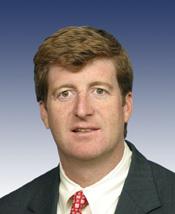
A bill to allow therapuetic psilocybin service centers to operate has passed the legislature in Arizona. (Creative Commons)
MD Mass Marijuana Pardons, AZ Therapeutic Psilocybin Bill Goes to Governor, More... (6/17/24)
Tens of thousands march for marijuana legalization in Sao Paulo, the Biden administration rolls out grants for mental health and substance abuse needs, and more.




